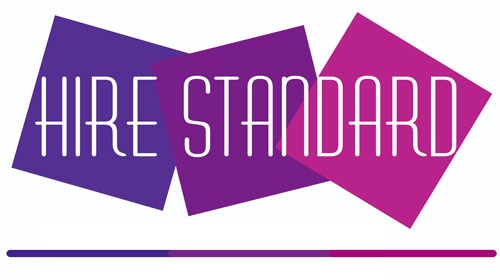A study by the Chronicle of Higher Education, in 2013, found that approximately 50 percent of hiring managers complained of inadequate skills among college graduates. Typical skills cited as lacking were the ability to adapt, to communicate effectively, and the ability to solve problems.
Nancy Hellmich, contributor to USA Today, reports that employers complain that schools are not doing enough to prepare graduates for today’s job market. Dennis Yang, President and COO for Udemy and writing for Forbes, finds a significant difference of opinion over the readiness of today’s graduates to join a dynamic work environment – over 70 percent of schools consider them adequately prepared compared with only 42 percent of employers.
Some blame an education system that emphasizes books rather than practical learning and that more internships and practical apprenticeships are required. Today’s jobs are more challenging than they have been for past generations because of rapid technology change. Such innovation is emphasizing the difficulty academic institutions face in preparing a capable workforce at a similar pace. For workers to stay relevant in today’s business environment, constant education and skills building is required.
The wise take advantage of online courses and learn at every opportunity, such as short-term contract assignments that provide exposure to different companies, industries, and tools. Graduates target employers who offer training and who invest in the skills and education of employees. Goldman Sachs and Macy’s hire recent graduates and train them in-house to ensure they possess the required skills. Yang reports that the competition among seniors is fierce for these coveted positions.
Options to help students improve practical skills could be offered by fraternities and student organizations such as PI Kappa Alpha. This fraternity provides online training to its members. Yang suggests that employers provide transparent job descriptions that list the job skills and provide online links to courses. Practical apprenticeships should be combined with online learning for new and existing employees.
Business and industry demands both hands-on experience and theoretical knowledge that are hard to establish as a college graduate; that is nothing new. However, global markets are adding pressure for countries to produce a workforce that is equipped to compete in a rapidly evolving environment. Whether the private sector or educational institutions shoulder the cost, changes are required to prepare tomorrow’s workforce.
Looking to add to your workforce in the remaining months of 2014?
We have the expert staff on hand to help! Contact the experienced recruiters at Hire Standard Staffing for assistance with your hiring initiatives.
